A chat with the new members of the UU Council
Meet the twelve people representing all UU students
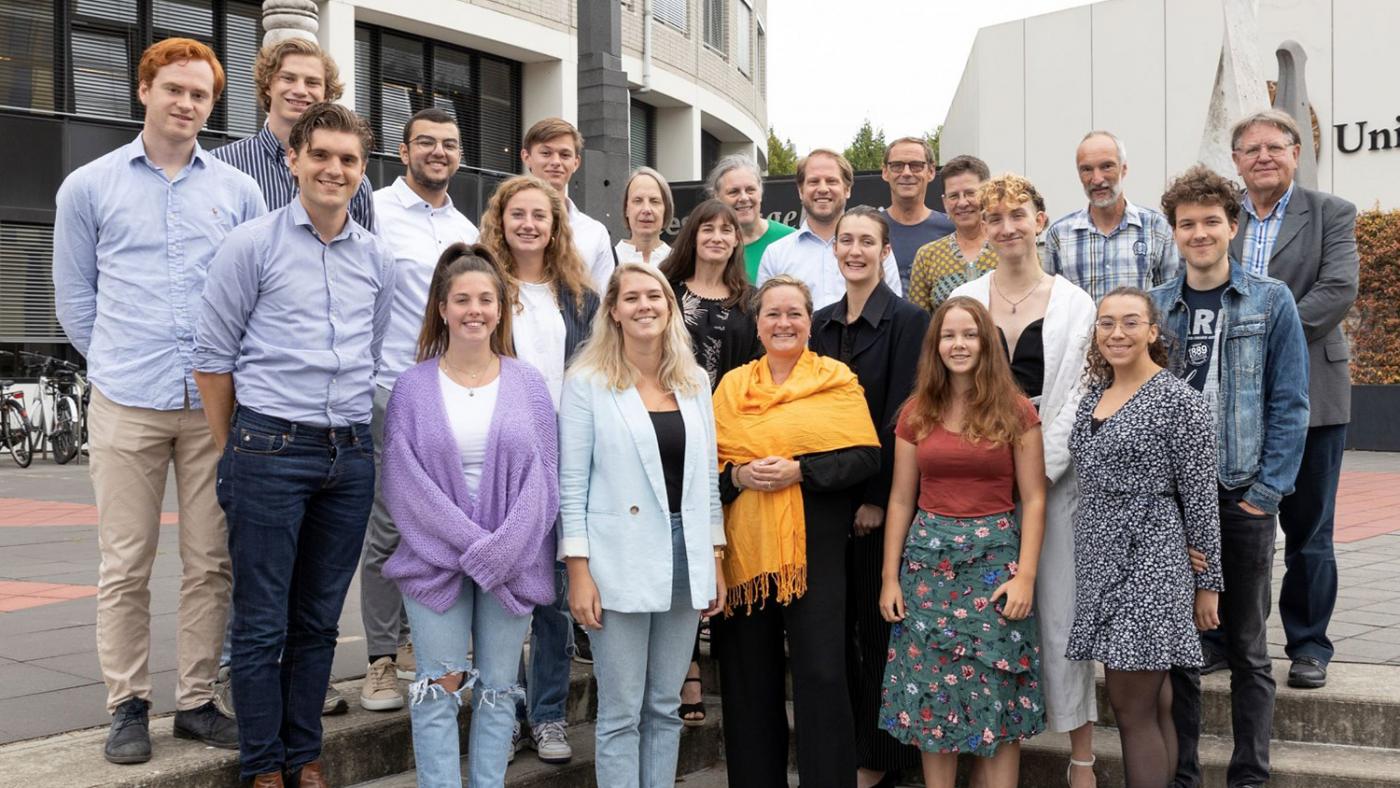
Each year, twelve students take a seat in the University Council to represent the nearly 37,000 people pursuing a degree at UU. They work alongside twelve representatives of the university's staff. The council holds regular meetings with the Executive Board to discuss university-wide policy that has implications on education, research, finances, employment matters, and the mental health of students and staff. As a general rule, the UU Council advises the Executive Board but, in some cases, such as the general budget, it also has the right of consent.
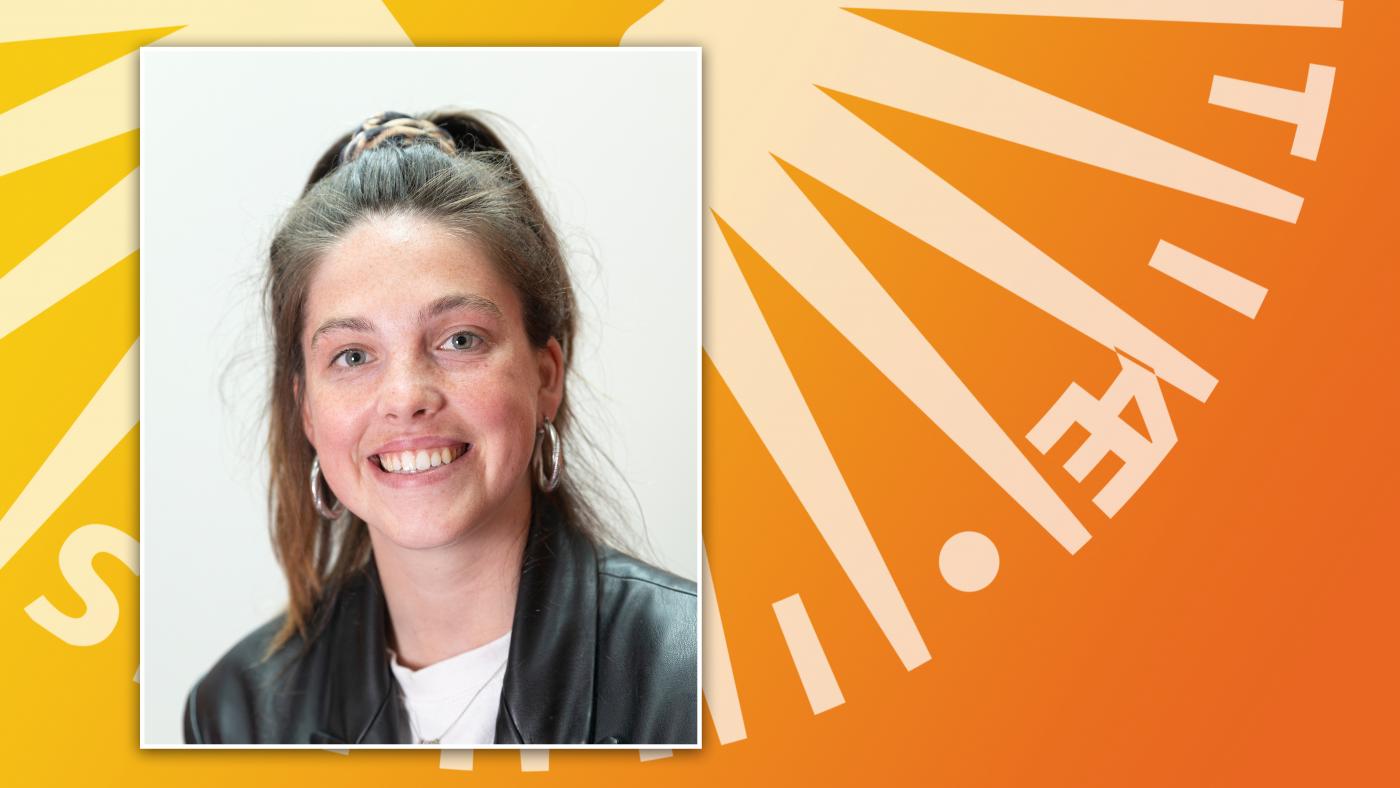
Julie Brinkman
“My name is Julie Brinkman and I’m 22 years old. This year, I’m one of the student members of the University Council, representing the party Partij voor de Utrechtse Student (Party for the Utrecht-based Student, also known as PvdUS). We advocate for the development of each UU student. I’m a Law student and I plan to graduate this year. I’m also involved with the student association UVSV.”
Should the university get rid of the binding study advice (BSA)?
“Yes, the binding study advice should be abolished or, at the very least, lowered. Studying is important but we shouldn’t forget about students' mental health. The BSA requires students to pass six of the eight courses they take in the first year. That's a lot, considering students should also find the time for extracurricular activities that increase their chances of finding a good job. That combination makes many students feel pressured to perform, which endangers their mental health and puts personal development on the back burner. I think it would be beneficial for students if there was less pressure to perform, which could be achieved by introducing a more easy-going approach to the binding study advice.”
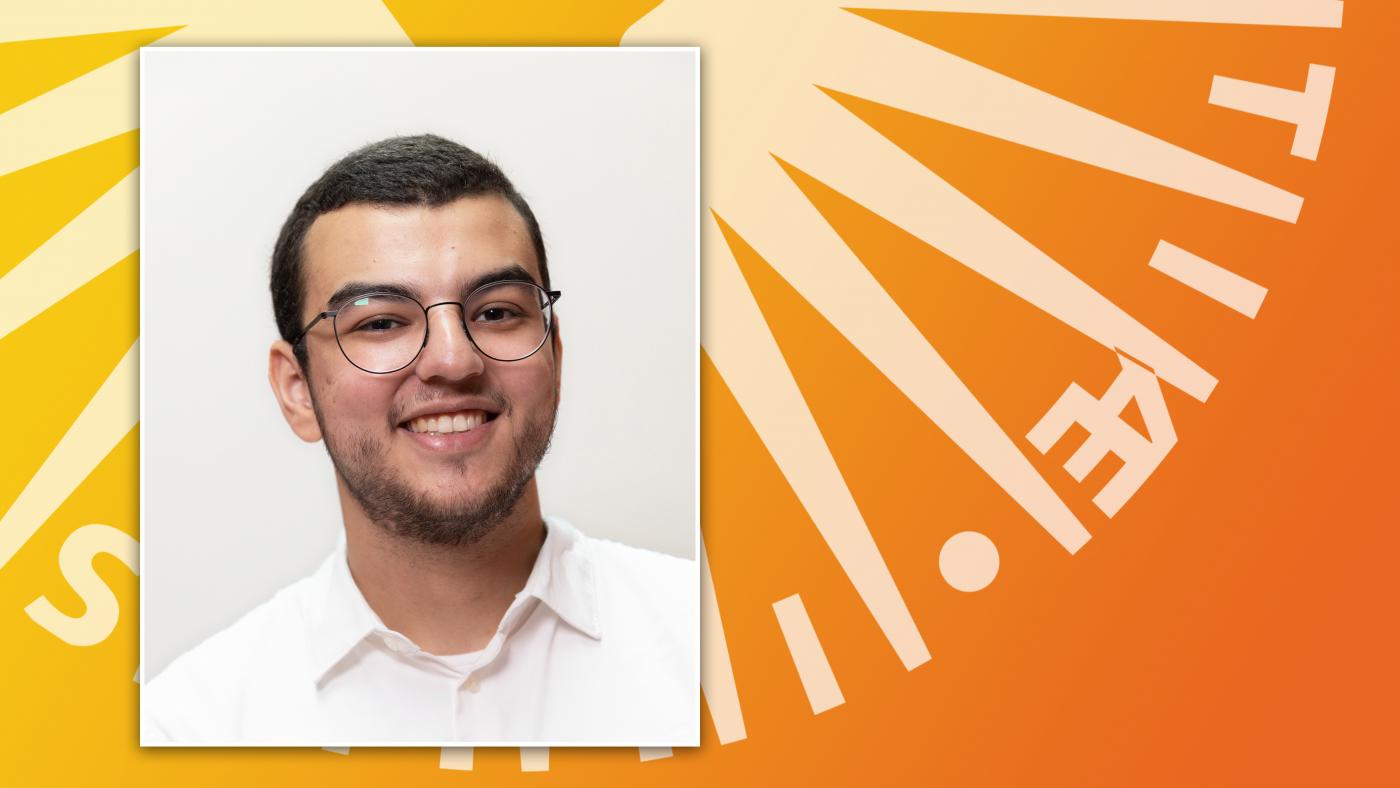
Ismaïl Sarti
“I’m Ismaïl Sarti, the leader of the Vuur (Fire, Ed.) party. I’m twenty years old and I’m pursuing a double Bachelor’s degree in Physics and Math. I’m currently in my third year and I’m also a member of the study association A-Eskwadraat, although I‘m not very active there because I'm busy doing council work.”
Name one thing you would do to make the university more sustainable.
“It's hard to find a single measure that would solve it all. There simply isn’t a silver bullet to make the university fully sustainable. At the very least, sustainability should always be key in the university's policy process. It should be a vision, not just an item to check on a list. But, all right, if I had to name one specific measure to make the university more sustainable, that would be green energy. UU has to find a sustainable way to generate energy. The university has been focusing on installing windmills at or near the Utrecht Science Park (USP) which is a difficult and overly long process. Instead, UU should focus on renting windmills at sea parks.”
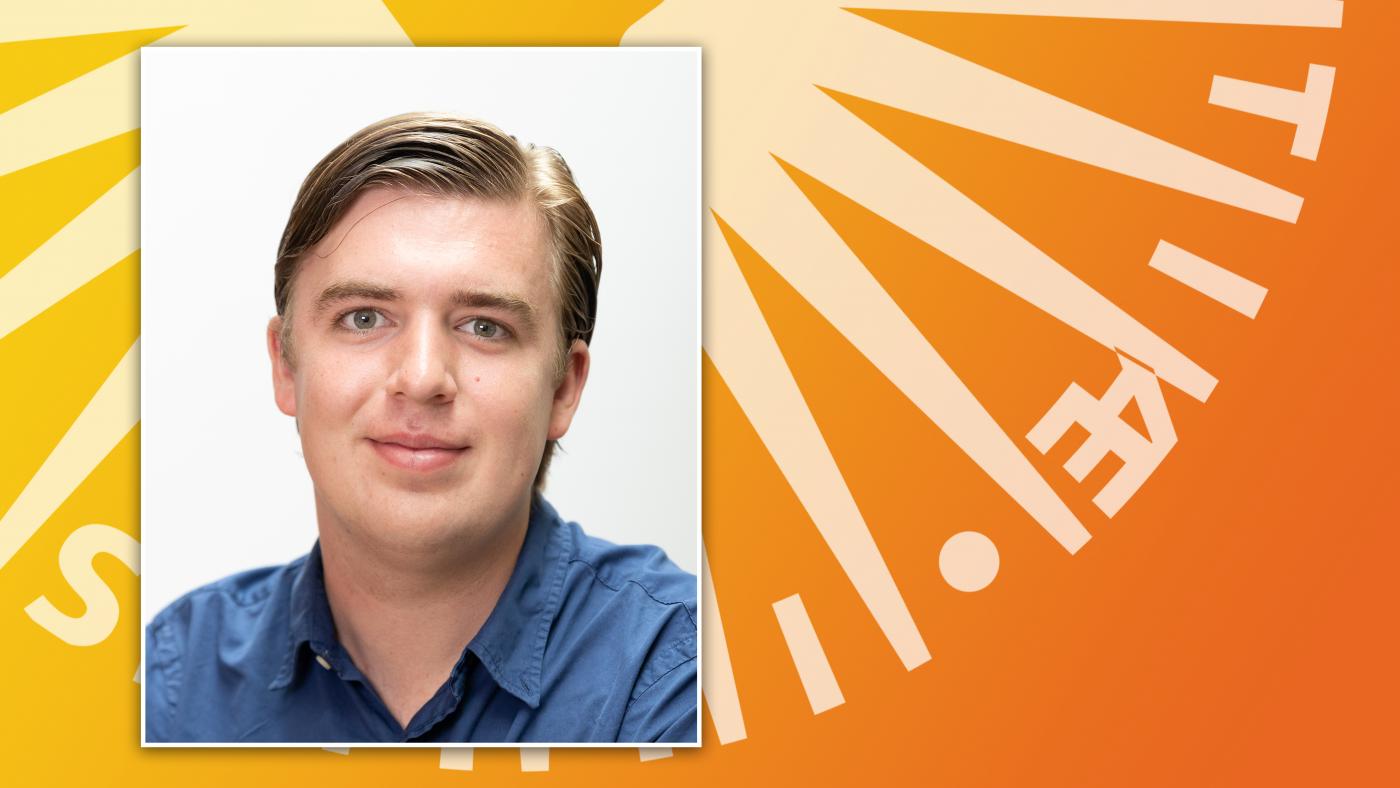
Bram van der Avoird
“My name is Bram van der Avoird. I’m 20 years old and I’m a third-year student in Economics & Business Economics. Next to my studies, I’m a member of the student association USC. This year, I’ll be working for PvdUS to advocate in the University Council for the students working as board members in student associations.”
Which course should be mandatory for all UU students, regardless of their track?
“I think every student at UU should follow a Philosophy course. Philosophy is something that’s connected humans for centuries and invokes deep conversation and discussion. Together, students can think about questions for which there is no easy answer or for which answers aren’t right or wrong. This way of thinking is extremely valuable for their development. Philosophy is useful for all students because it can improve the bond between students. After all, it’s a course that all students can participate in without prior knowledge, it’s accessible to everyone.”

Maud Duurkens
“My name is Maud Duurkens and I’m 21 years old. This academic year, I’m the leader of Partij voor de Utrechtse Student (PvdUS). I’m a fourth-year student of the Bachelor's in Governance and I expect to graduate by the end of the current academic year. I like having a busy life apart from my studies, so I’m an active member of the student association UVSV and I play hockey at MMHC Voordaan four times a week.”
Should UU abolish the requirement to attend classes?
“I think it’s a good idea to abolish mandatory attendance to give students who are active in student associations more room to design their own schedules. Currently, several programmes require students to be present during lectures and work groups, so there isn't a lot of room for flexibility in a student's week. PvdUS also thinks it’s important for students to develop themselves in other areas, such as sports or study associations. Going to class is still important, of course, but this should be their own responsibility.”
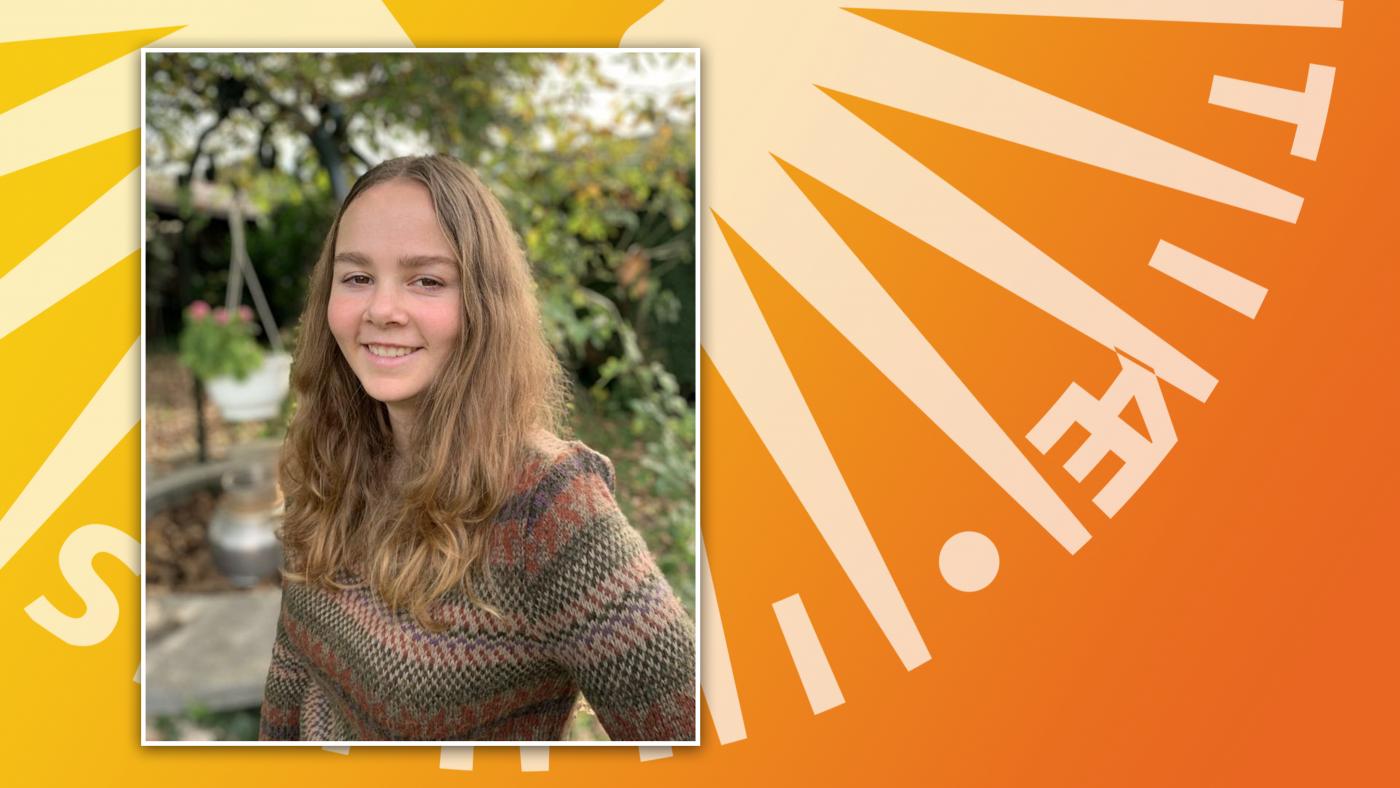
Tamara Luiken
“My name is Tamara Luiken and I’m a member of the University Council representing Vuur. I’m 21 years old and I’m a Bachelor's student in Global Sustainability Science. My choice of study already gives it away that I like working towards sustainability. That's why I decided to join the University Council: to fight for a more sustainable university. Apart from that, I like spending time with my friends, working out (preferably dancing), and photography.”
Do you think lecturers who don't conduct research on the side, but are well-evaluated by their students, should be given permanent contracts by the university?
“Lecturers who don’t conduct research but do receive good evaluations on their teaching should definitely be given permanent contracts, especially if they work for Bachelor's programmes. The university doesn’t want to do this because these lecturers are not connected with cutting-edge research, meaning they don’t have the latest expertise. But I have my doubts about the value we attach to cutting-edge knowledge when it comes to teaching at Bachelor's level. To me, this doesn’t seem like a valid reason to deny lecturers a permanent contract.”
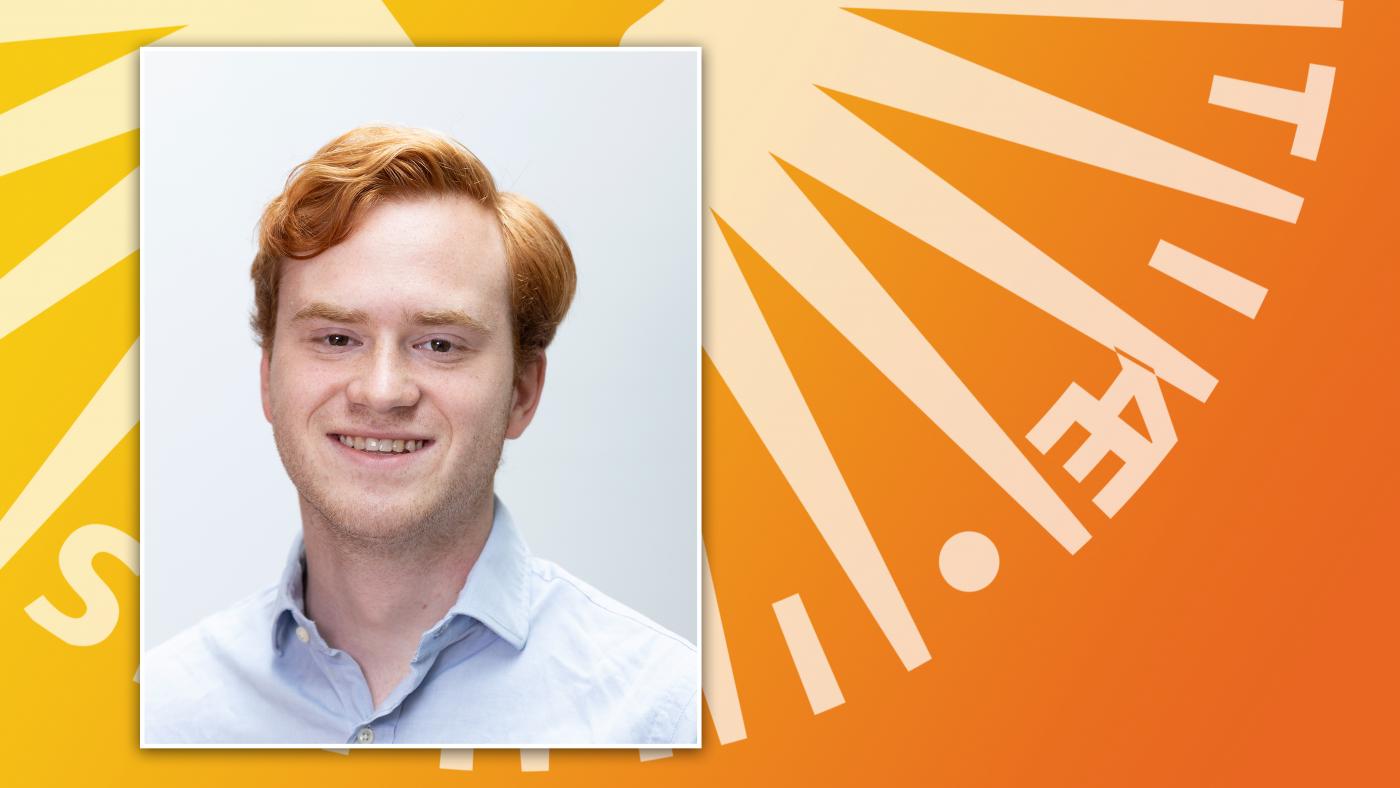
Michiel Jekel
“My name is Michiel Jekel. I’m 22 years old and I’m a member of the University Council representing PvdUS, where I also advocate for the students on the boards of student associations. I’m taking the last few courses of a Bachelor's in Chemistry and I’m a member of USC and the student rowing club USR Triton.”
Should the university compel student associations to accept more international students?
“Each student association in Utrecht has its own unique culture. Forcing them to allow more international students in is undesirable because it infringes on their freedom to safeguard their culture. My party, PvdUS, feels that the university should give associations the freedom to decide their own policy, as long as they stick to the standards and values of the university. It's good that international students can join associations too. There are several associations that focus on internationals in Utrecht. This variety is exactly what makes student life in Utrecht student so great.”

Lune de Rijck
“My name is Lune de Rijck and, at 19, I’m the youngest of the group. I’m in the University Council as a member of the party Lijst Vuur. I’m currently in the second year of the Bachelor's programme Philosophy, Politics & Economics (PPE) and I'm also an activist on topics like #metoo, climate change, and queer rights. I’m an active member of Amnesty International and a coordinator for the Consent Project within my study programme.”
What course do you think should be mandatory for all UU students, regardless of their track?
“I think a course like Humanistics or Social Sciences would be relevant for everyone. In courses like that, all students are urged to think about how to treat each other with respect, how to ensure that everyone’s comfortable in their own identity, and what students can contribute to society. It’s important that we make the world a better place together. I think it would be great to learn how each individual can do so in the scientific world.”
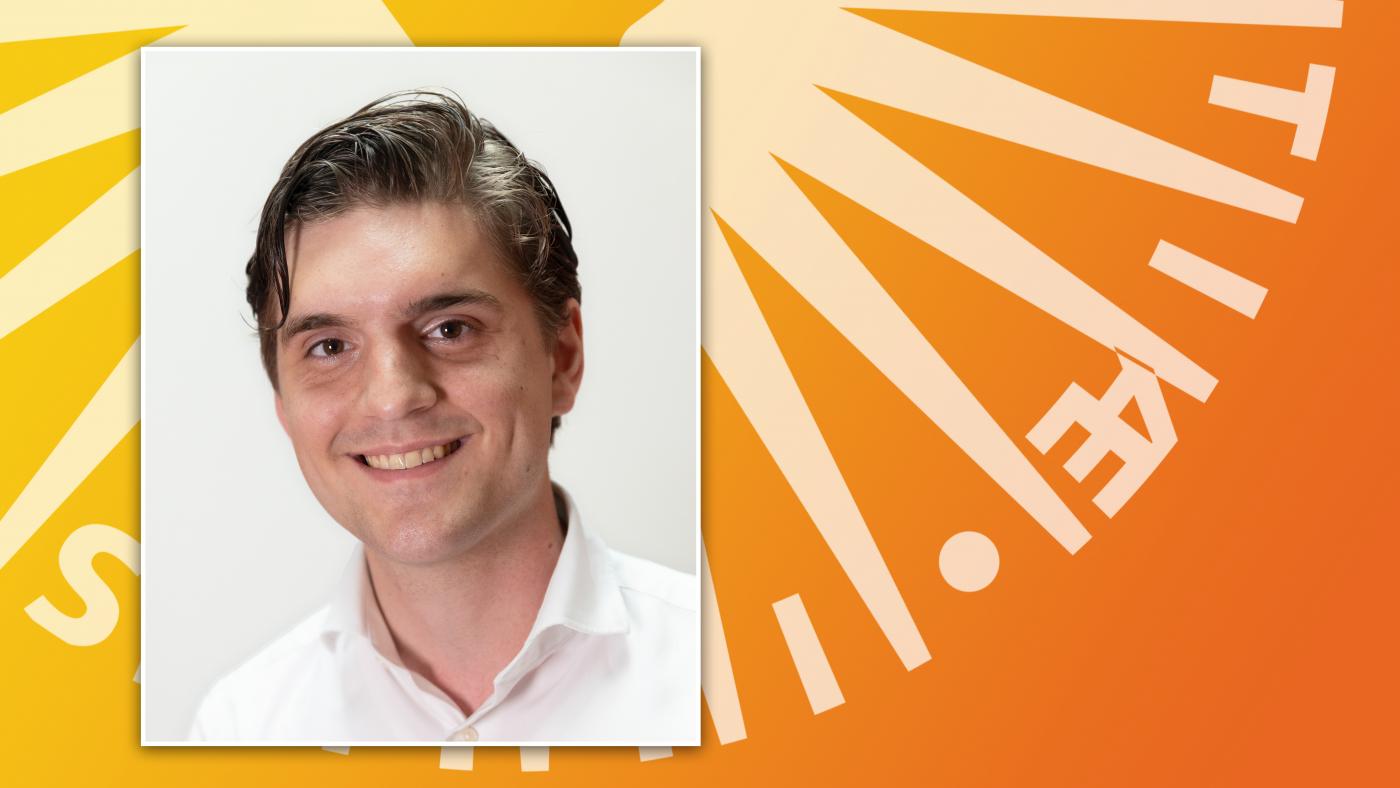
Emar Kronenburg
“My name is Emar Kronenburg. This year, I’ll be in the University Council with the PvdUS party. I’m in my final year of Nature Sciences & Innovation Management. I’m also in a band and I’m a member of the student association USC.”
Name one thing you'd do to make the university more sustainable.
“It’s important that the energy we use is generated in the most eco-friendly way possible. The university has already taken great strides in this. The roofs in the Utrecht Science Park are all covered with solar panels, for example. But we’re not there yet. The university has considered installing windmills on campus, for example. Until that’s done, we need to lower our use as well and don’t waste energy. The university should keep its footprint as small as possible by being efficient about lighting and heating in its buildings.”
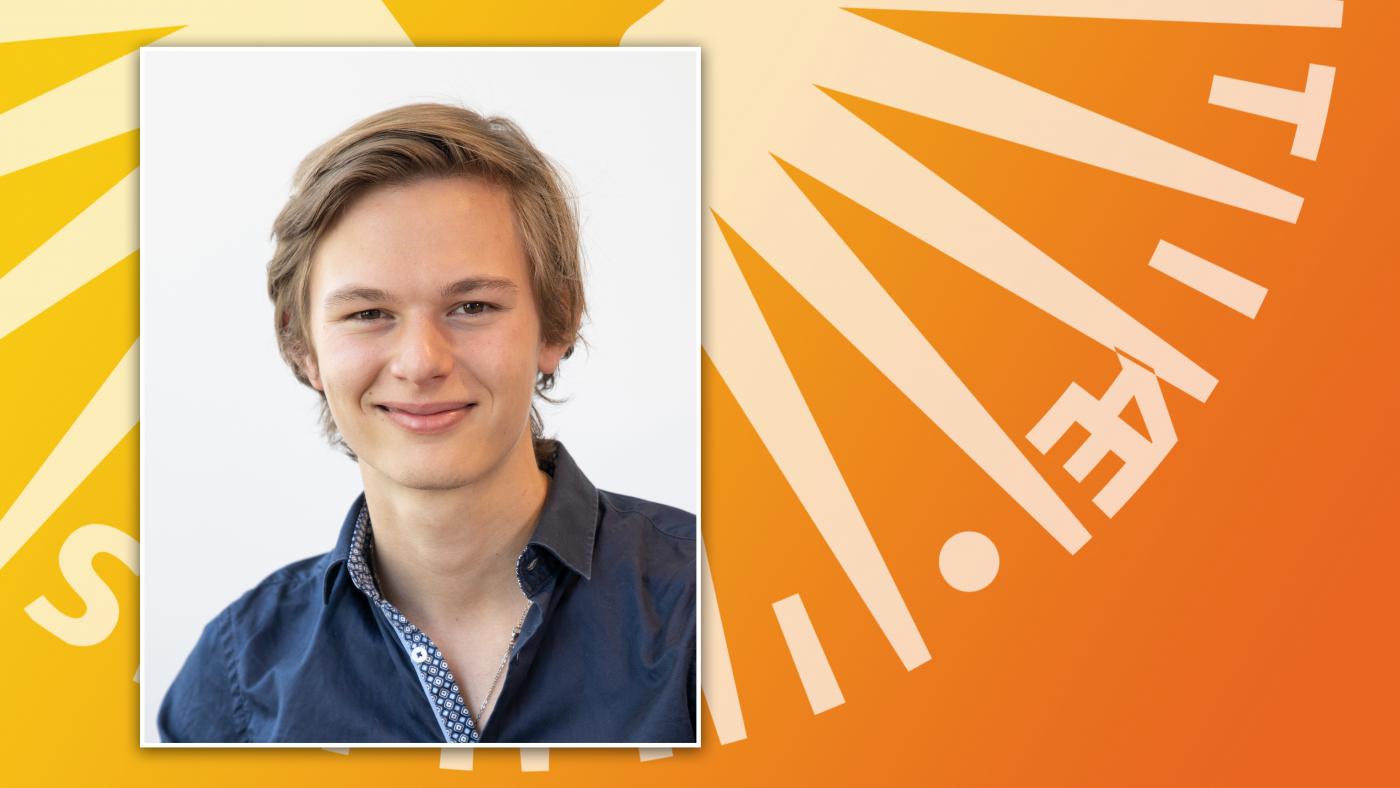
Job de Jager
“I’m Job de Jager, 21 years old, and I study at the University College Utrecht (UCU). This year, I'm serving as the chair of the student members of the UU Council. I'm affiliated with the Vuur party. You might know me already because I was a member of the University Council last year as well. That’s when I realised that the number of people who are really aware of what the university council does is decreasing more and more, even though this participation is essential to our university community. That’s why I want to work one more year for the council. Together with my fellow members, I would like to get the tradition going again after all the difficulties caused by Covid. I would also like to call for students to approach the council if they have an issue they’d like to discuss.”
Do you think that scheduling more classes in the evening is a good way to deal with the shortage of lecture halls?
“Being a university student is more than just studying. In Utrecht, we’ve got a lively system of study, sports, and student associations which provides students with relaxation, rest, and self-enrichment. If we were to offer classes in the evening, would that still be the case? I doubt it. Besides, students have been feeling more and more pressure, which comes with its own set of consequences. When would we have a fixed time to rest, if we were to have evening classes? I’m also afraid of the precedent it sets. Rather than solving the shortage of lecture halls, we would simply accept that classes will be scheduled in the evening. Lastly, I don’t think we can do this to our lecturers. Many of them have families, conduct research alongside their teaching activities and, just like students, they too have social lives. Scheduling classes in the evening would mean a lower quality of life for lecturers and students alike. Let’s prevent that.”
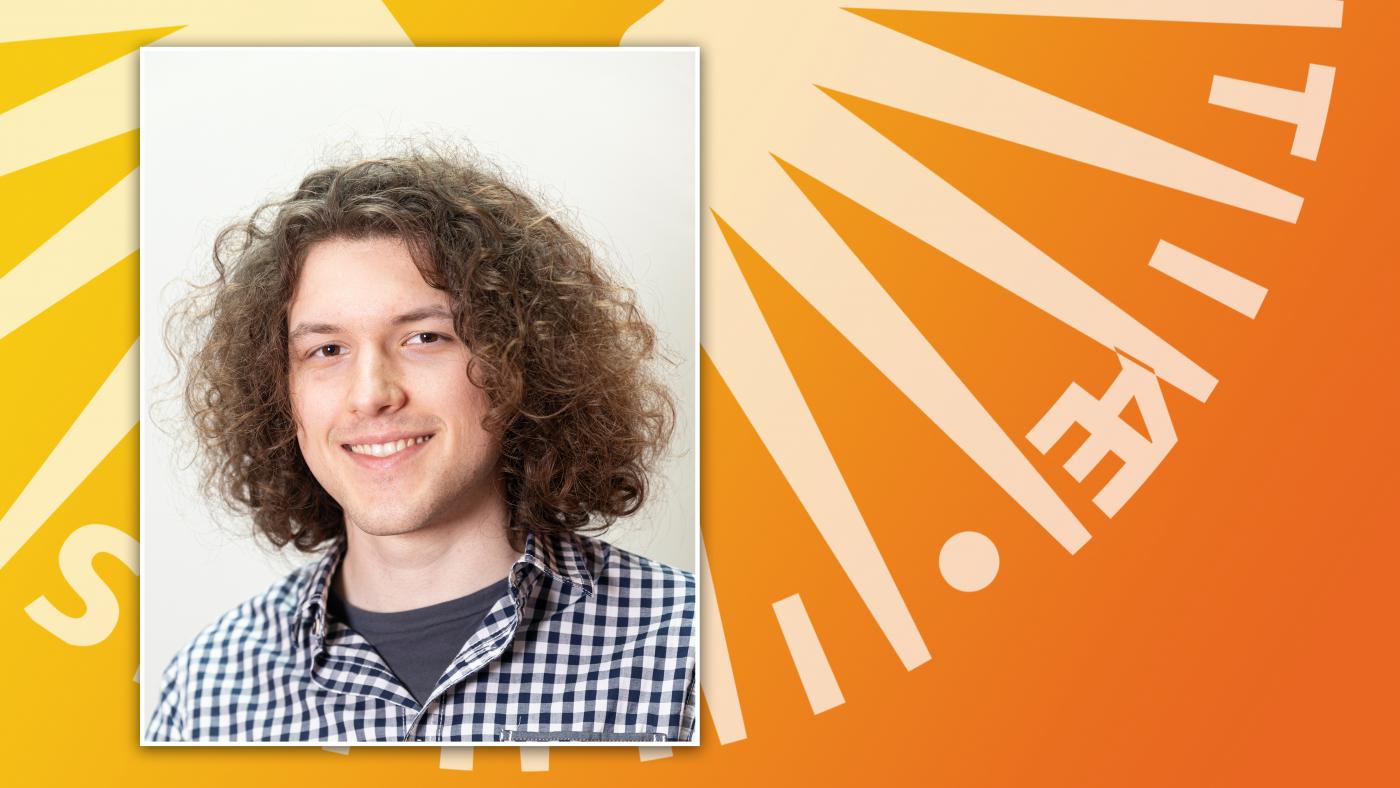
Jona van Santen
“My name is Jona van Santen. I’m 22 years old and I’m in the University Council as part of the party Lijst Vuur. I’ve been studying German Language & Culture since 2018 and I also started studying History last year. These past two years, I’ve been working as a chair and secretary for Aufschwung, the study association for German Language & Culture.”
Should UU abolish the requirement to attend classes?
“I don’t think abolishing mandatory attendance is always the right choice. I often hear the fair point that students are adults and should therefore be responsible for their own choice of whether or not to attend classes. However, discussing about the course material is an important part of university education. In work groups, you have the opportunity to gain new insights together with the lecturer and other students. It’s undesirable to have people only study for their exams and never show up to class. But, when it comes to "work groups" in which students only work independently and the lecturer is only there to answer questions, mandatory attendance doesn’t really make sense. All in all, the answer lies in custom solutions.”

Kees de Vries
“My name is Kees de Vries and I've joined the University Council as part of the party PvdUS. I’m 22 years old and I’m studying Law at UU and Politics at the University of Amsterdam. In addition to studying and serving in the UU Council, I’m a member of the student association C.S. Veritas and I enjoy going to parties and festivals but lazy evenings watching movies on the couch are fun too.”
Do you think that scheduling more classes in the evenings is a good way to handle the shortage of lecture halls?
“It’s distressing that the university let the shortage of lecture halls get to this point, in which there simply isn’t enough room to teach all students on campus anymore. I don’t think that scheduling more classes in the evening would be a good solution to this issue. Being a university student is so much more than just studying. It’s crucial to give students enough room to practice sports, meet new people at a study association, or even join the board of an association. Now that the workload and the pressure to perform are felt to be extremely high, evenings are vital for students to develop and enrich themselves beyond their studies. This valuable time needs to be protected and cannot fall prey to the university’s failing policy.”
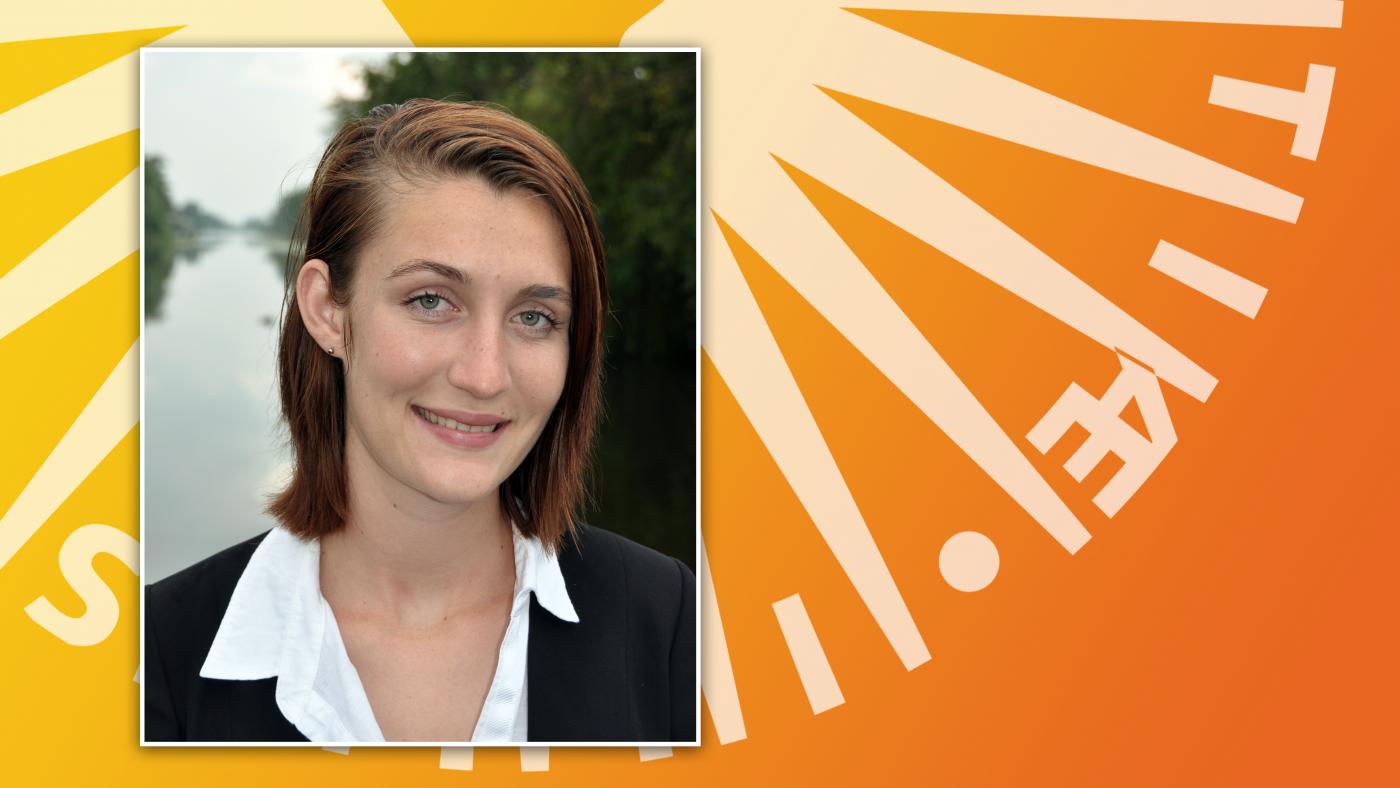
Susannah Burger
“Hello everyone! I am Susannah Burger and I'm 20 years old. I am on the university council as part of Lijst Vuur. I am a third-year student at University College Utrecht (UCU), majoring in Psychology and Neuroscience and minoring in Entrepreneurship. I grew up in South Africa and I am half Dutch, half South African. My focus points this year will be internationalisation, social safety and strengthening representative participation.”
In your view, what would be the best way to make the university more diverse?
“Firstly, I think the word diversity demands that a lot must be done in many different areas. One way to do this would be to integrate more into the diverse community around the university. More collaborations at a research and educational level with people who have different perspectives (sometimes precisely because they are not in the university) can play an invaluable role in ensuring that the university serves the interests of broader society. For example, more Community Engaged Learning programs, where students and researchers are encouraged to serve the community and thereby also show the value of the university to them, could bridge gaps in knowledge for both parties and result in fruitful long-term projects. Additionally, reaching out to communities from whom the university historically has not been accessible is a way to change perceptions about who belongs in the university, and what the university can mean for those communities. That will hopefully lead to more representation of those communities in the university in the years to come.”